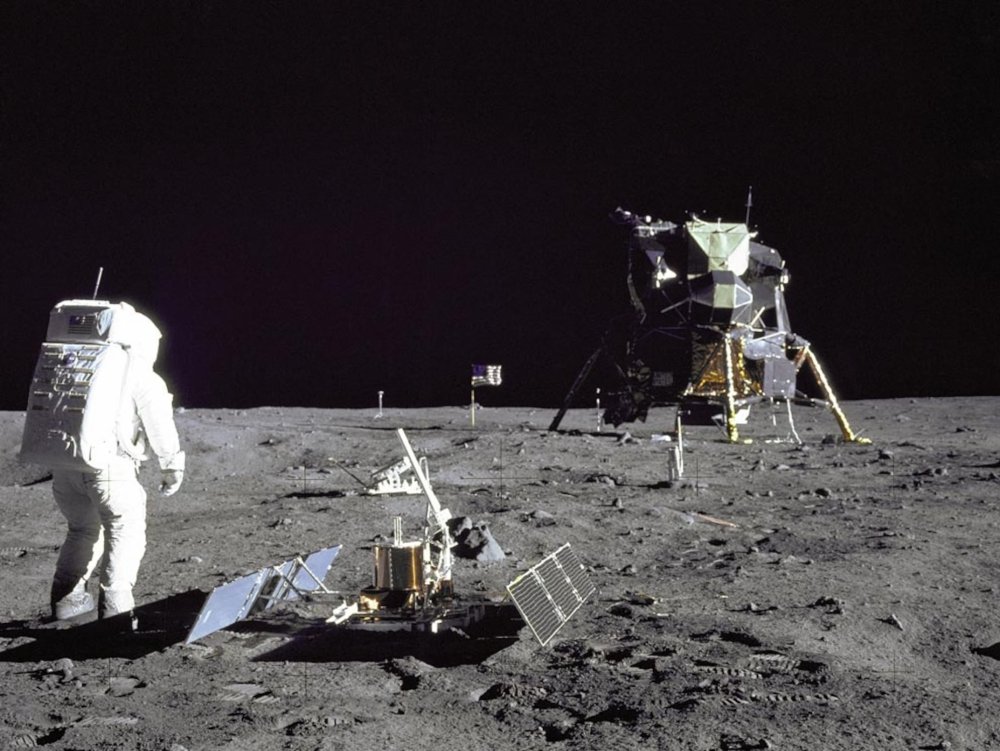As space exploration accelerates, questions about who owns the Moon and the legal framework governing space resources have become increasingly relevant. With nations and private companies planning lunar missions, the debate over space law and cosmic property rights is gaining urgency. While international treaties outline certain regulations, the legal landscape remains complex and largely untested.
The potential for mining valuable resources such as helium-3, water ice, and rare metals makes lunar governance a pressing issue. As governments and corporations set their sights on utilizing these resources, the world must address the ethical, political, and economic consequences of lunar ownership.
This article explores the history of space law, the current challenges of cosmic property rights, and the ethical and legal implications of claiming ownership over celestial bodies like the Moon.
The Legal Framework: Space Law and International Agreements

The Outer Space Treaty (1967)
The primary international agreement governing space activities is the Outer Space Treaty (OST), signed in 1967 by over 110 countries, including the United States, Russia, and China. The key principles of the OST include:
- No Sovereign Ownership: No country can claim sovereignty over the Moon or any other celestial body.
- Space for All Humanity: The Moon and other space environments must be used for peaceful purposes and benefit all humankind.
- No Militarization: The placement of weapons of mass destruction on the Moon or in orbit is prohibited.
- Freedom of Exploration: Countries are free to explore and use space but cannot claim ownership of any celestial body.
However, the OST does not explicitly address private ownership, leading to legal grey areas regarding commercial activities on the Moon. This ambiguity has resulted in differing interpretations of whether corporations can extract and profit from lunar resources.
The Moon Agreement (1979)
The Moon Agreement attempted to extend the principles of the OST by declaring that lunar resources are the “common heritage of mankind” and should be governed by an international framework. It proposed that any benefits derived from lunar exploration should be shared among all nations, particularly developing countries.
However, major spacefaring nations, including the U.S., Russia, and China, did not sign or ratify the agreement, rendering it ineffective in practical terms. Critics argue that the lack of participation by key players has left the Moon legally unprotected from commercial exploitation.
The Rise of Commercial Interest in the Moon

Private Companies and Lunar Resource Extraction
Recent advancements in space technology have made lunar exploration more feasible for private companies. Organizations such as SpaceX, Blue Origin, and Astrobotic are planning missions to the Moon, raising legal and ethical concerns about commercial exploitation.
Key legal questions include:
- Can private companies claim ownership of land or resources on the Moon?
- How will international laws adapt to commercial space activities?
- Should lunar resources be shared, or will they be controlled by those who extract them first?
The potential economic benefits of lunar mining are significant. Helium-3, a rare isotope that could be used in nuclear fusion, is abundant on the Moon. Additionally, extracting water ice from lunar craters could provide fuel and life support for future missions. These possibilities have fueled interest from both private and governmental entities, increasing the urgency for a legal framework that addresses ownership and resource rights.
The Artemis Accords and New Space Policies
In response to these challenges, NASA introduced the Artemis Accords, a non-binding agreement signed by multiple nations. The Accords promote:
- Sustainable exploration and resource utilization.
- Transparency and cooperation in lunar activities.
- The right to extract and use lunar resources within a legal framework.
The Artemis Accords build upon the principles of the OST while explicitly supporting commercial activities. However, some critics argue that the Accords favor nations with advanced space programs, potentially leading to future conflicts over cosmic property rights. Additionally, countries like Russia and China have expressed opposition to the Accords, arguing that they could lead to a Western-dominated lunar governance structure.
Ethical and Political Considerations
The Ethics of Space Colonization
The ethical debate around who owns the Moon goes beyond legal treaties. Some argue that space should remain a global commons, while others believe economic incentives are necessary for space development.
Questions to consider:
- Should countries and companies profit from lunar resources, or should they be shared globally?
- How can we prevent a “land grab” scenario similar to historical colonization on Earth?
- Who decides how lunar resources are used and distributed?
Historical parallels to Earth’s colonization efforts raise concerns about how lunar governance will unfold. Without strict regulations, powerful nations and corporations could monopolize lunar resources, leading to economic and political tensions. Ensuring that lunar activities remain fair and equitable will be essential to preventing future disputes.
Future Legal Challenges
As lunar exploration expands, the international community must address several pressing legal issues:
- Property rights vs. international cooperation: Should space law prioritize national interests or global collaboration?
- Conflict resolution mechanisms for space disputes: How will disputes between nations and corporations over lunar claims be resolved?
- The role of developing nations in space governance: How can smaller or less-developed countries participate in space-related decision-making?
Potential Solutions for Cosmic Property Rights
The Development of an International Lunar Authority
One potential solution to the growing issue of cosmic property rights is the establishment of an International Lunar Authority (ILA). This organization could:
- Regulate lunar mining and commercial activities.
- Ensure fair resource distribution.
- Enforce sustainability and environmental protection measures.
- Mediate disputes between nations and private entities.
Licensing and Taxation Models
Another approach would involve creating a licensing system for lunar resource extraction. Companies seeking to mine lunar materials could be required to:
- Obtain permits from an international governing body.
- Pay taxes or royalties to support global space development initiatives.
- Adhere to strict sustainability guidelines to prevent environmental degradation.
Such models could help balance economic incentives with ethical responsibility, ensuring that lunar exploration benefits humanity as a whole rather than select entities.
The Future of Lunar Ownership: Cooperation or Competition?
The question of who owns the Moon is still largely unanswered, with current space law and cosmic property rights policies leaving much room for debate. While international treaties provide some guidance, the rise of commercial space activities will require updated legal frameworks to ensure fair and ethical exploration.
As humanity looks toward a future of lunar bases and resource extraction, the world must work together to establish regulations that promote both innovation and responsible stewardship of space. Striking the right balance between economic opportunity and international cooperation will be crucial in defining the future of lunar governance.
What do you think? Should the Moon remain a global commons, or should property rights be recognized? Share your thoughts in the comments below!


